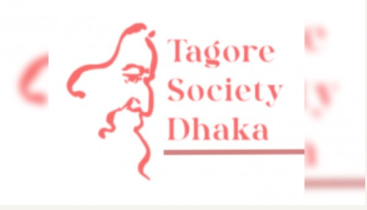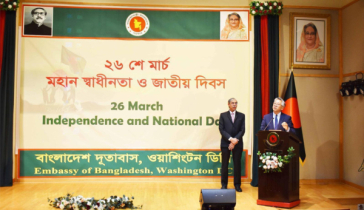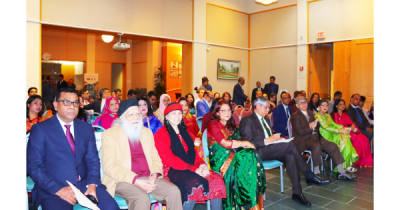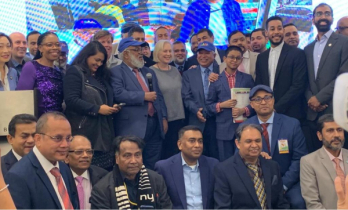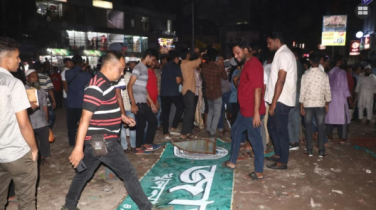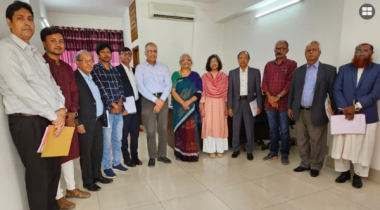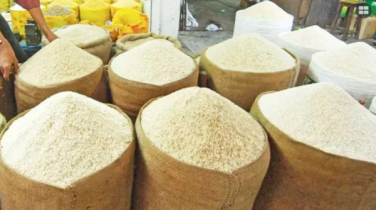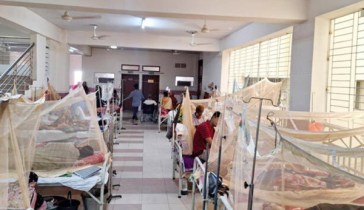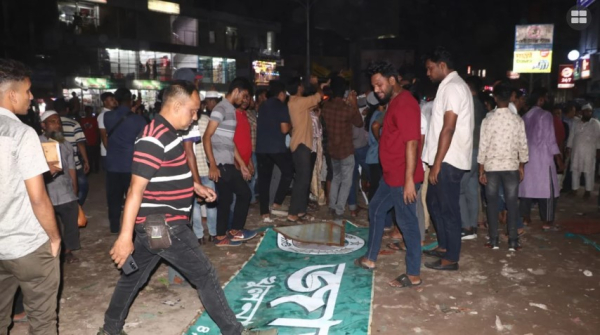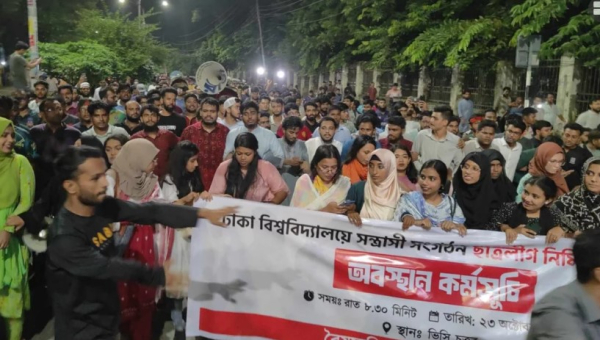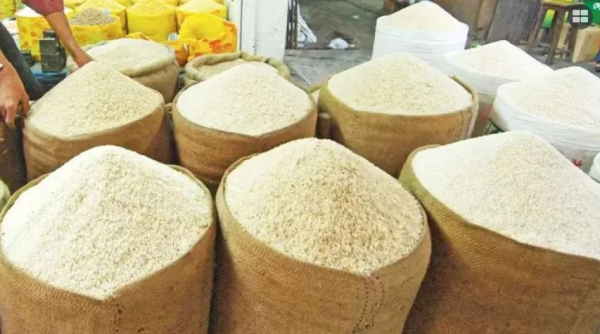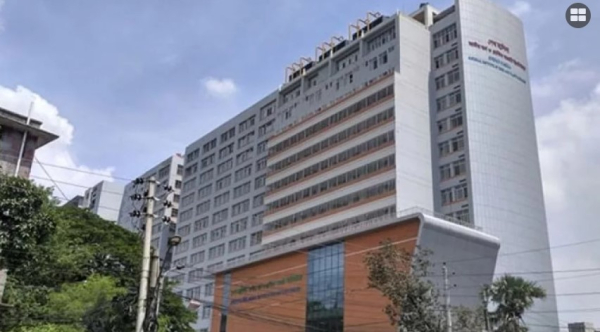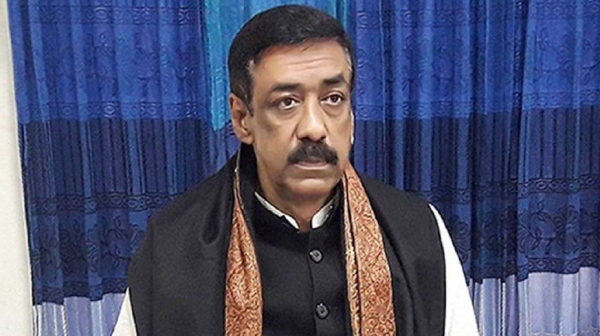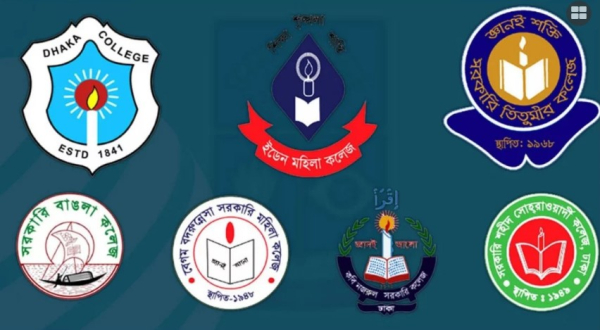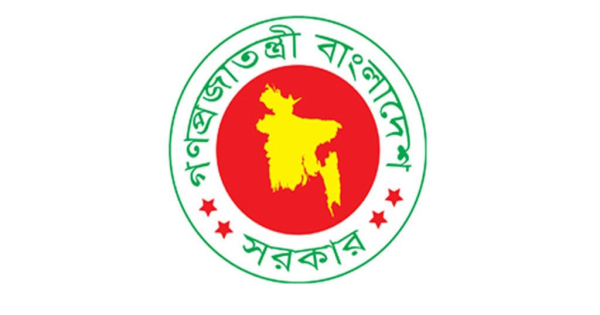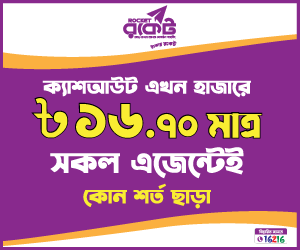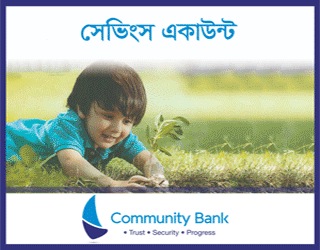Speakers opined
Youth unemployment and income losses rising in pandemic
Speakers opined
Youth unemployment and income losses rising in pandemic
 |
Fifteen percent of the youth who were employed before the pandemic are out of jobs, according to a Youth Survey by BRAC Institute of Governance & Development (BIGD) in January 2021. The youth already face many challenges in the labour market due to poor education quality and limited experience and skill, as well as limited job opportunities. During the pandemic, the struggles of the youth have become more difficult. Researchers from BIGD presented the study findings at a webinar on 22 June.
Youth employed in skilled professions like education, private firms, and handicrafts, are experiencing more prolonged unemployment compared to those in less skilled and essential professions like agriculture, day labour and transport. Even among those who managed to retain or regain employment, average incomes were 11% below pre-COVID levels. Youth from urban areas suffered greater income loss (15%) than those from rural areas (9%).
Azharul Islam Khan, Director General of Department of Youth Development, Ministry of Youth & Sports, highlighted the need for Bangladesh to fully utilize the youth dividend that we are lucky to have at present.
The scenario is more concerning for women—a third of the young women employed before the pandemic were out of jobs in January 2021, three times higher than the rate among young men. Moreover, income loss for young women working in both periods was twice that of men—average incomes decreased by 21% for young women and 10% for young men. Young women in the study sample were employed in the most hard-hit sectors during the pandemic, sectors like private tutoring, handicrafts, and private organizations or NGOs, which are some of the hardest-hit sectors. As a result confidence about future job prospect is particularly low among young women. Women in Bangladesh are already far behind men in higher education, labour market participation, employment, and income. The COVID shock may further depress this scenario, threatening to undo much of the progress made around women’s empowerment, unless corrective measures are taken.
Dr Jennifer Seager, Assistant Professor of Global Health and Economics at George Washington University, remarked that financial constraints have also resulted in decreasing job and education aspirations among the youth.
COVID has had an impact on the mental health of all; youth, who are facing multiple challenges brought by the pandemic, are likely to suffer more. The survey found that though the mental health of the youth improved substantially from the lockdown, a fifth of the young women and 12% of the young men who were possibly suffering from depression or anxiety during the first lockdown were still experiencing the same in January 2021.
Dr Imran Matin, Executive Director of BIGD, mentioned that the gender disparity dimensions of the pandemic become more evident in the longer term, and it is the same among the youth, which is very concerning.
Young people are also disproportionately affected by the long closure of all educational institutions. It is reasonable to expect that many would take other training, especially online, to compensate for the learning loss. In the survey, only five percent of the youth mentioned taking any new training courses during this time, indicating a severe lack of human capital development during this period. Prolonged closure and limited alternative learning may have a long-term impact on the country’s economic growth and future economic wellbeing of the youth.
Dr Muhammad Munir Hussain, National Program Officer at UNFPA, remarked that there is a huge demand for skills training among youth, as seen from UNFPA programs, but increasing access and affordability is key.
Agreeing with this sentiment, Joydeep Sinha Roy, Head of Operations of Skills Development Program at BRAC, highlighted that it is more challenging to provide skills through online media.
The webinar was moderated by Dr Imran Matin. Other noted researchers, development practitioners, and media persons were present at the online event.
The study is part of the COVID Collective, a research platform supported by the UK Foreign Commonwealth and Development Office (FCDO) and based at the Institute of Development Studies (IDS).

আরও পড়ুন

জনপ্রিয়
- Harvard professor to join McWeadon-Faith Bangladesh Webinar on e-learning
- Bangladeshi-American to be first South Asian Lt Commander in NYPD
- Maria Howlader made new Chair of SAFA Women Leadership Committee
- Intl Girls in ICT Day
Virtual roundtable on Accelerating Digital Inclusion for Girls held - JMI brings first Bangladeshi-branded KN95 masks
- Professor Zahir receives `Most Outstanding Professor’ Award
- C-BED Programme Launched in Bangladesh
- Foreign ministry issues 8-pnt statement over Rohingya relocation
- Vitol’s trades cause LNG prices soaring, BD affected
- Symphony launches new Smartphone Symphony Z30 Pro



